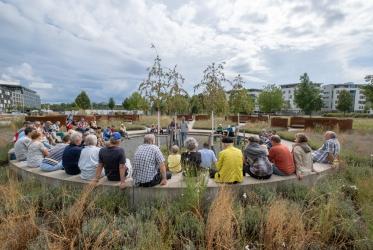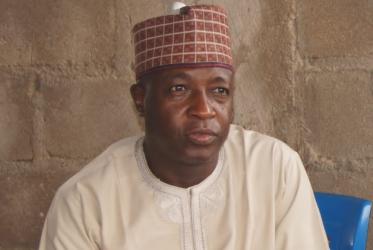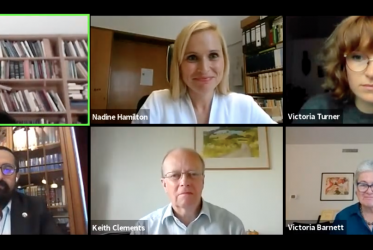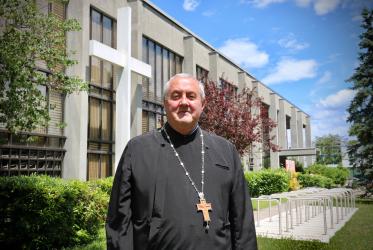Displaying 1 - 18 of 18
Kenyan woman peace-builder wins human fraternity award
14 February 2023
Workshop explores how interreligious dialogue brings trust and respect
15 September 2022
WCC leaders recall life-changing experiences from early days
10 February 2022
















